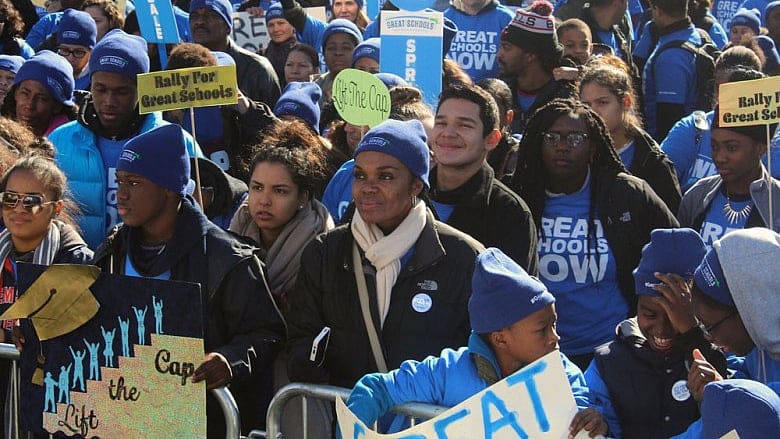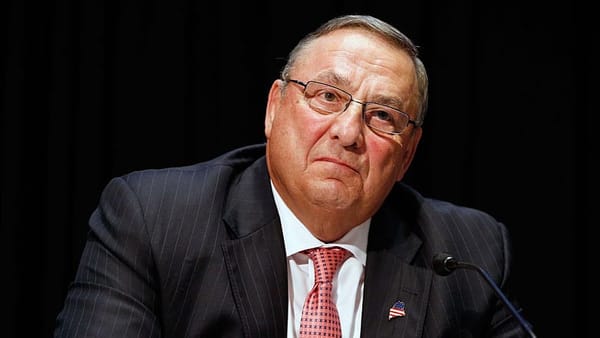On charter schools, let the parents choose

In November, Massachusetts residents will vote on Question 2, which, if passed, would allow the State Board of Elementary and Secondary Education to authorize up to 12 new charter schools across the Commonwealth. If more than 12 applications for charter schools are received, the Board would favor schools that would be accessible to students in the lowest-performing school districts in the state.
Gov. Baker supports lifting the cap, as do some Democrat lawmakers. However, the NAACP opposes the increase in charter schools, as do many Democrat lawmakers. In Philadelphia, the DNC made opposition to charter schools part of its platform.

